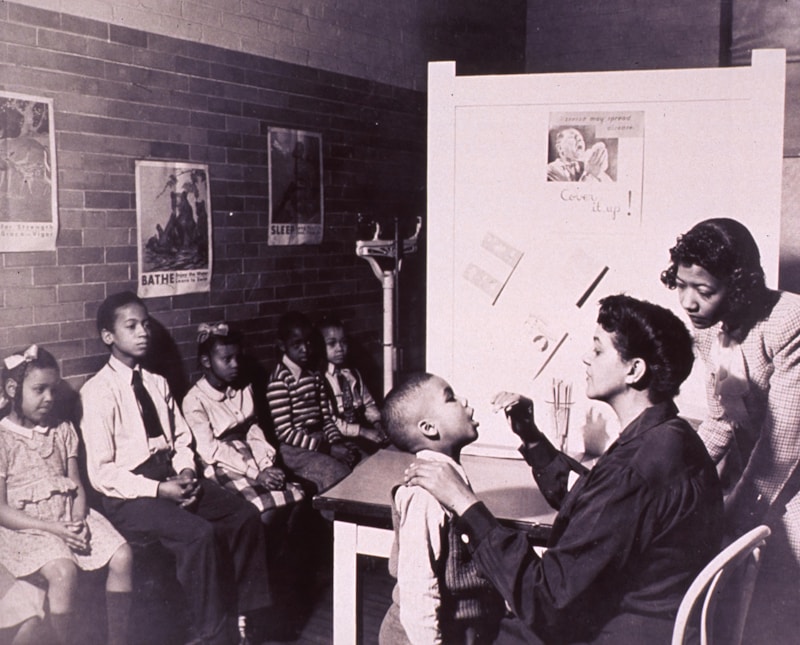“In the beginner’s mind there are many possibilities. In the expert’s mind there are few.”
~Shunryu Suzuki, Zen Monk
Mindfulness, meditation, chanting; there is a myriad of ways to bring calm and serenity to our lives. However, a very simple and useful concept when it comes to our yoga practice is ‘Shoshin’, a Zen Buddhist concept that translates as ‘The Beginner’s Mind’. In practice it means accepting things the way they are, without layering on our own preconceptions.
Without Preconceptions
Having a preconceived idea about ourselves in our yoga is never going to help. We might be super confident about a certain pose. For example, I happen to think I’m pretty good at back bends, so I might not listen properly to the teaching points in lessons. ‘Tick, tick, tick’ I think, as the teacher asks us to make adjustments. I’m not really listening, assuming that I can do this one, and so I come out of the pose having learned nothing.
A negative preconception is just as limiting. We all have poses that we struggle with, it might be our proportions don’t work as well, or that we have stiffness of the back or hamstrings. We might approach the pose with a sense of being defeated before we’ve even begun. But it’s those poses that teach us the most, that give us the most empathy with our students and which teach us to put our minds to one side and simply inhabit the pose.
“Once we noticed the fixed views that we are carrying around with us, the preconceptions that we are carrying around with us, then it is possible for us to let them go”
~Abbess Zenkei Blanche Hartman, Zen Buddhist
The beginner’s mind is all about letting go of our preconceptions. Without our mind interrupting the flow of our attention, we can focus on connecting the mind and body within our practice.
See Also: First Steps To Demystifying Prāna
The Here and Now
In the world of yoga, we often speak of our ‘yoga journey’. This is helpful in terms of a chronological and academic approach to our practice. However, if we apply the beginner’s mind to this we see that sometimes it’s unhelpful to think of our yoga as always travelling and moving. In fact, the spiritual truth is that often the ‘journey’ is a cyclical one. We will have arrived at our ‘yoga destination’ when we have come full circle and are right back where we started, knowing nothing and being everything.
“The goal of practice is always to keep our beginner’s mind.”
~ BKS and Geeta Iyengar, Basic Guidelines for Teachers of Yoga
As a yoga teacher or advanced yoga teacher you will have progressed a long way from the early days of your yoga practice. You will have learned discipline, expanded your knowledge and learned to make minute adjustments to your body in the pursuit of honing your yoga poses. This makes you feel that you have progressed; improving; achieving. However, when practising the beginner’s mind, you put aside your knowledge, and simply focus on the experience of the here and now. The mind is emptied of previous experience (the past), relieved of focussing on what’s happening next (the future) and simply inhabits the pose. this inhabiting the present moment through asana is a way of achieving samadhi, or bliss.
See Also: Why I Walked Out On Eckhart Tolle
True Listening
“Usually when you listen to some statement, you hear it as a kind of echo of yourself. You are actually listening to your own opinion. If it agrees with your opinion you may accept it, but if it does not, you will reject it or you may not even really hear it.”
~Shunryu Suzuki, ‘Zen Mind, Beginner’s Mind: Informal Talks on Zen Meditation and Practice’
When we begin something new, we’re like sponges, greedily absorbing all the new and exciting knowledge on offer. As time goes by, the mind and body learn what to expect, we’ve laid down mental and physical memories and we begin to go into auto-pilot. This isn’t always a bad thing; it means that we’re starting to internalise the practice.
The flip-side is that we start to form bad habits and think that we ‘know’ how to do certain poses. When we go to our yoga lessons we can go through the motions, one step ahead of the yoga teacher, perhaps feeling slightly smug that we’re ‘better’ than the newbie at the back who’s struggling to work out which way to turn in the twists.
The truth is that while we might still be hearing instructions, we’ve stopped listening. By practising beginner’s mind we can bring ourselves back to a state of non-knowing and practice really listening, without forming judgements.
Cultivate Your Beginner’s Mind
A beginner’s mind gives you great freedom to be open to new methods and gives you permission to try new poses. The very nature of a beginner’s mind is to be curious and eager to try new things. One way of taking this literally is to try a new style of yoga. Go to a new class to shake things up. If you’re an Ashtanga devotee, try an Iyengar class. If you look down your nose at Bikram yoga, give it a go and see if you can take anything into your home practice.
Question your own tried and tested methods by mixing things up in your home practice. First of all, go back to basics: change the cross in your legs, try going back to the wall to do your headstand, give yourself extra props if you don’t usually use them. See how your body responds. Conversely, be excited about poses that you can’t usually do. If you struggle with handstand then give it a go every day for a month. If you don’t get all the way up, then do a half handstand. Most of all, simply observe your mind and body without judging the results. If you can’t achieve the final pose then you have more practice to go, if you do, then you have done it. Experience it, without feeling depression or elation.
“You must approach everything with beginner’s mind, with an open mind, the mind that is questioning and looking and listening and hearing and seeing and feeling and smelling without prejudgment, without preconception, without fixed views.”
~ Abbess Zenkei Blanche Hartman













